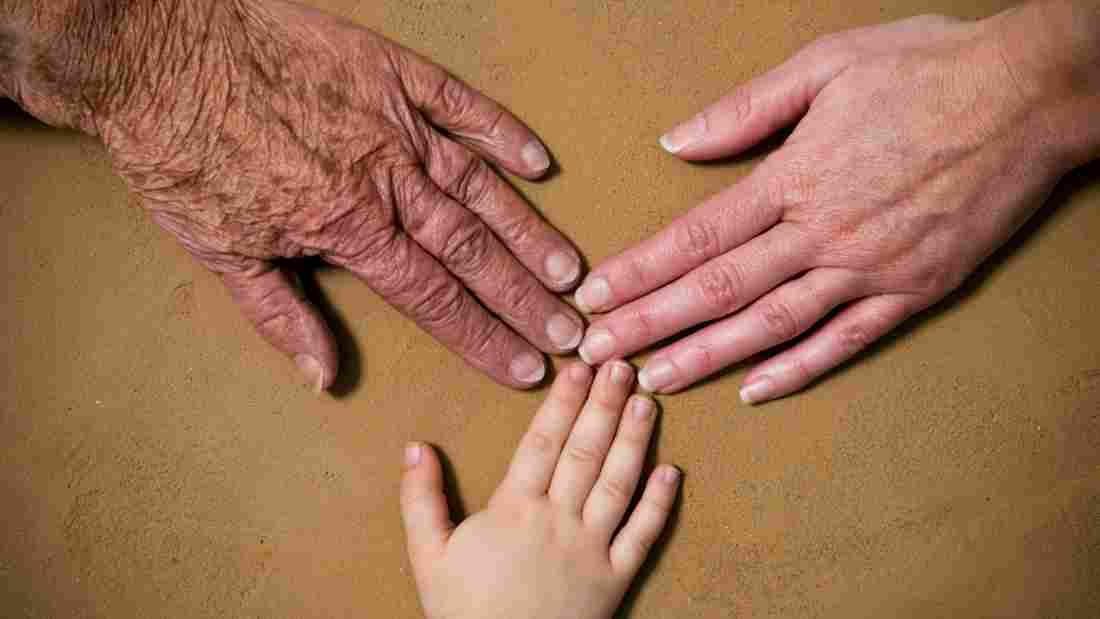Anthropologist Meyer Fortes introduced the concept of the developmental cycle of the domestic group in 1958 as a replacement for static notions of households, which did not take into account the fluctuations and changes that occur over the lifetime of its members. By rejecting earlier approaches that treated kinship as fixed and unchanging, Fortes introduced a much-needed dynamic to the analysis of domestic groups.
Prior to Fortes’ work, many anthropologists viewed households as static entities defined by their structure and composition at a particular moment in time. This approach failed to account for the changes that occur within households throughout an individual’s lifetime.
Fortes recognized that households are not fixed structures but rather evolve over time through various stages such as formation, expansion, peak, contraction, and dissolution. The developmental cycle provides a more dynamic and realistic understanding of how domestic groups change over time, expanding after marriage or with the birth of children, and fragmenting when adults reach old age.
For example, after marriage, a household may expand with the birth of children or when other dependents share the living space. However, as adults in the household grow old, this expanded group may fragment into smaller units once again.
The Stages of the Developmental Cycle of the Domestic Group
The developmental cycle of the domestic group provides a more realistic understanding of how households change over time and can help inform social policies related to family structures and support systems.
Formation
The first stage in the developmental cycle of domestic groups is formation. This stage begins with the establishment of a household through marriage or other means. During this stage, the household typically consists of a couple and their children.
Expansion
The expansion stage is characterized by an increase in the size and complexity of the household. This can occur through childbirth, adoption, or the arrival of new members such as relatives or friends. The household may also acquire new assets during this stage, which can contribute to its growth and development.
Peak
The peak stage is marked by stability and prosperity within the household. At this point, the household has reached its maximum size and has established strong social ties with other households in its community. Wealth accumulation may be at its highest during this stage, providing a sense of security for household members.
Contraction
Inevitably, all households experience some degree of contraction as they age. During this stage, there may be a decrease in family size due to death or migration, or changes in economic circumstances that cause a reduction in wealth and resources.
Dissolution
The final stage in the developmental cycle is dissolution – when a domestic group disbands entirely due to factors such as divorce or death. While this can be a difficult time for those involved, it also presents opportunities for new beginnings and fresh starts.
Conclusion
Fortes’ emphasis on change and development in his analysis of kinship systems allowed for a more nuanced understanding of how domestic groups functioned in different cultures. His work paved the way for future anthropologists to take a more dynamic approach to studying family structures and relationships, leading to greater insights into social organization and cultural practices across different societies.
Related Terms:
Social change – The transformation of social structures and institutions over time.
Tension – A feeling of unease or anxiety caused by opposing forces.
Conflict – A situation in which two or more parties are in disagreement.
Reorganization – A process of change in which new roles and hierarchies are established.
Flexibility – The ability to quickly adapt to changes in one’s environment.
Rigidity – The inability to adapt to changes in one’s environment.
Anthropology Glossary Terms starting with D
Disclosure: Please note that some of the links in this post are affiliate links. When you use one of my affiliate links, the company compensates me. At no additional cost to you, I’ll earn a commission, which helps me run this blog and keep my in-depth content free of charge for all my readers.


